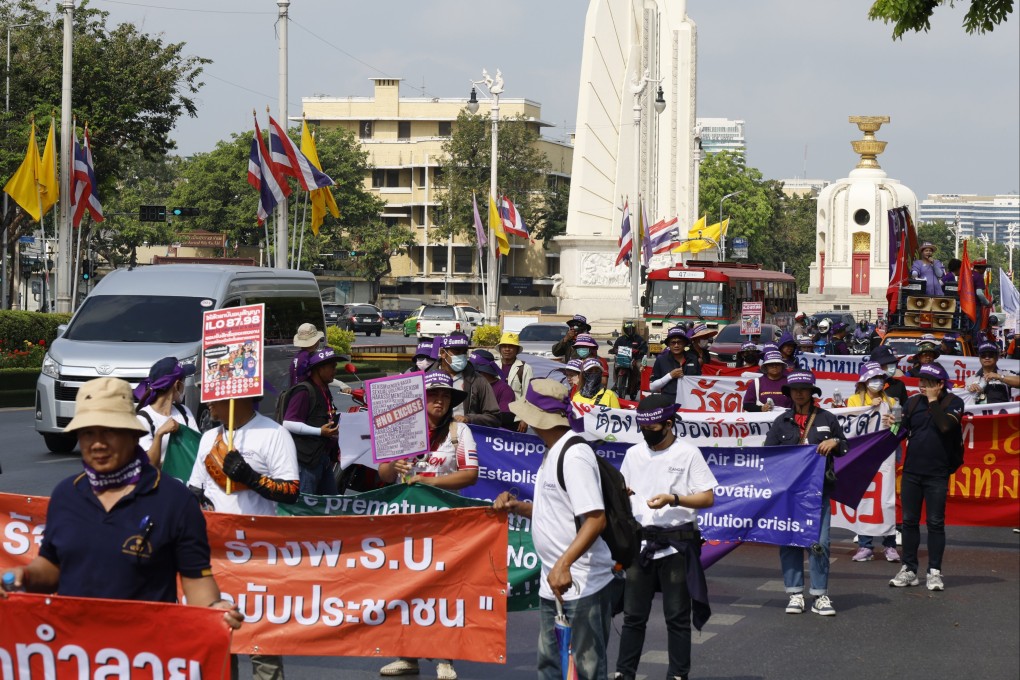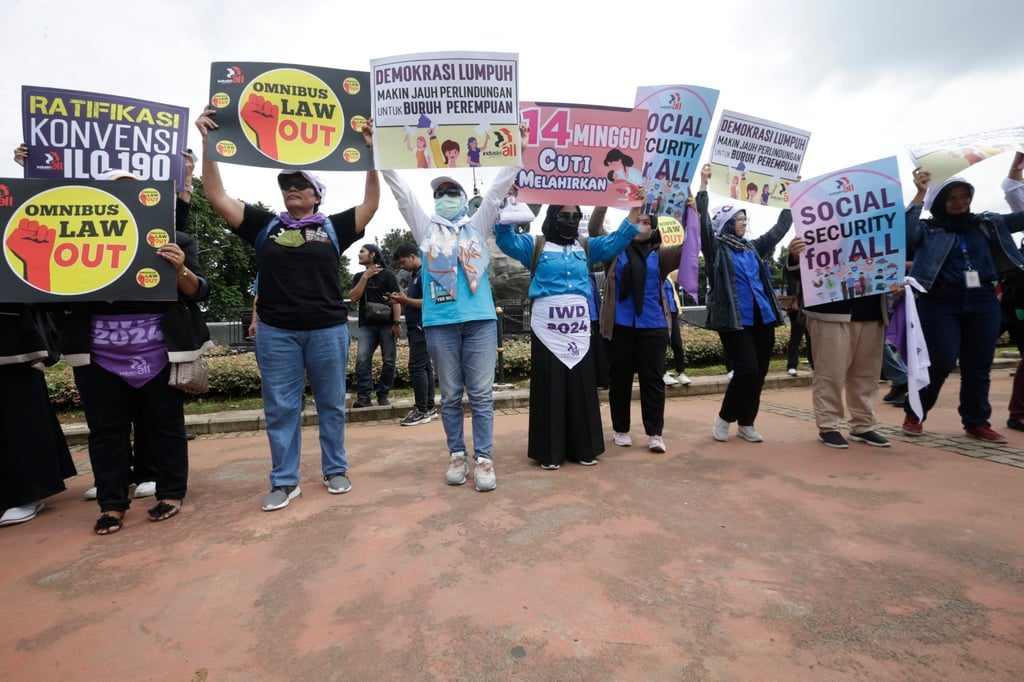From sex trade to slavery: criminals reap US$236 billion in yearly profits from forced labour, UN agency says
- This is up by 37 per cent, or US$64 billion, compared with its last estimate published a decade ago in 2011, the International Labour Organization says
- On any given day in 2021, an estimated 27.6 million people were in forced labour – a 10 per cent rise from five years earlier

Illegal profits from forced labour worldwide have risen to the “obscene” amount of US$236 billion per year, the UN labour agency reported on Tuesday, with sexual exploitation to blame for three-quarters of the take from a business that deprives migrants of money they can send home, swipes jobs from legal workers, and allows the criminals behind it to dodge taxes.
The International Labour Organization said the tally for 2021, the most recent year covered in the painstaking international study, marked an increase of 37 per cent, or US$64 billion, compared with its last estimate published a decade ago. That is a result of both more people being exploited, and more cash generated from each victim, ILO said.

“US$236 billion. This is the obscene level of annual profit generated from forced labour in the world today,” the first line of the report’s introduction said. That figure represents earnings “effectively stolen from the pockets of workers” by those who coerce them to work, as well as money taken from remittances of migrants and lost tax revenue for governments.
Forced labour can encourage corruption, strengthen criminal networks and incentivise further exploitation, ILO said.
Its director general, Gilbert Houngbo, wants international cooperation to fight the racket.
“People in forced labour are subject to multiple forms of coercion, the deliberate and systematic withholding of wages being among the most common,” he said. “Forced labour perpetuates cycles of poverty and exploitation and strikes at the heart of human dignity.”
